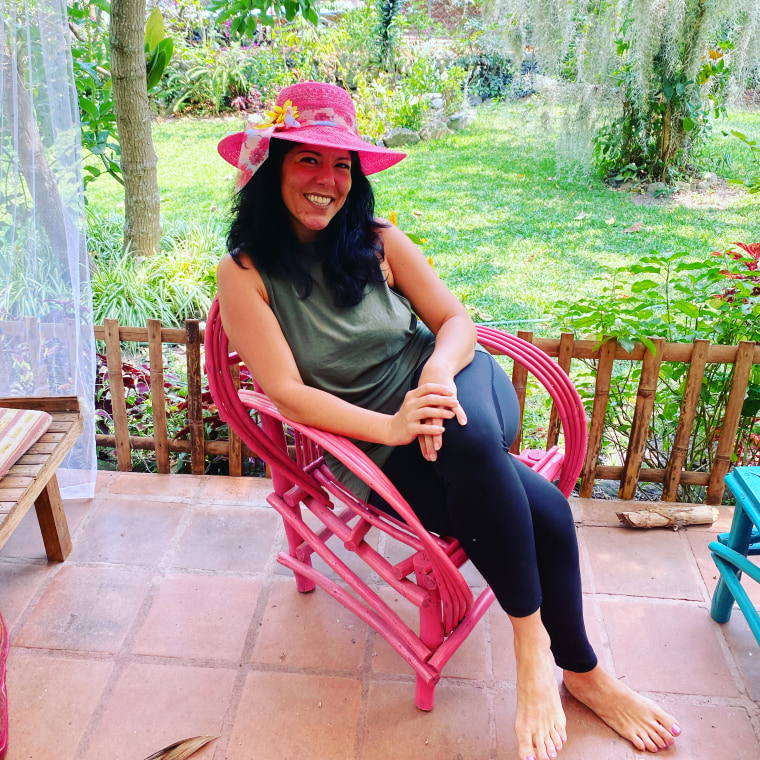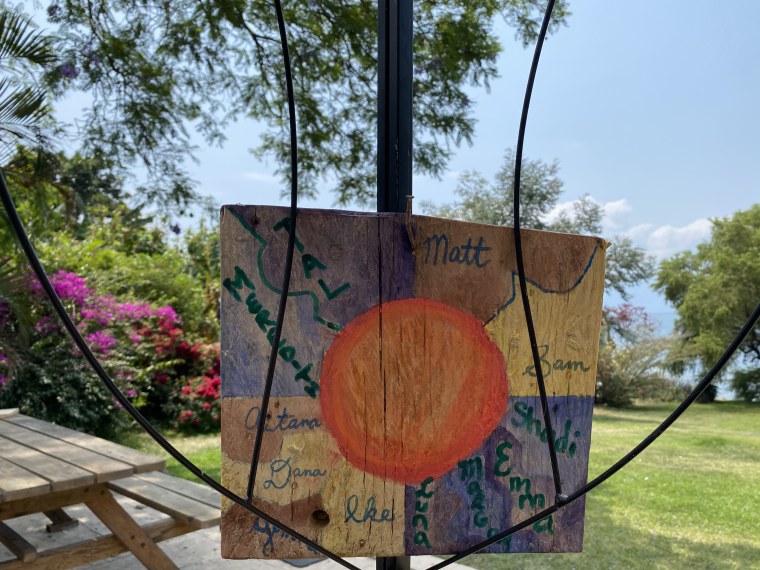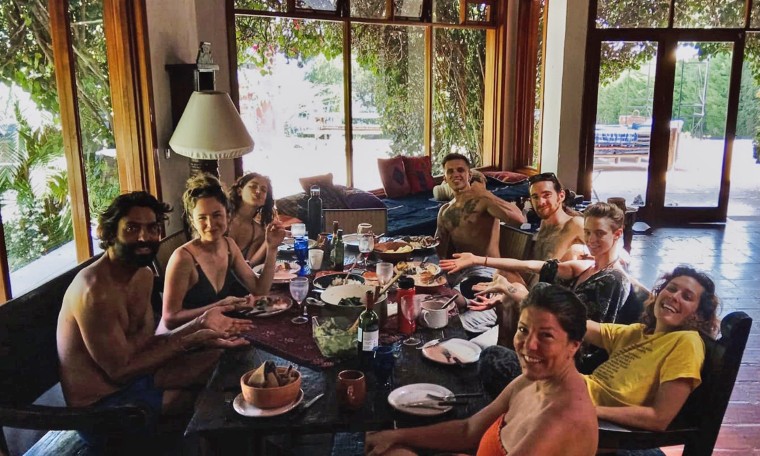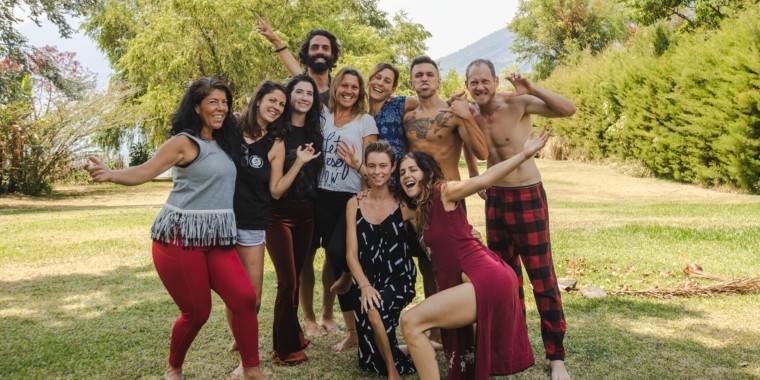In TMRW’s “My First” series, we highlight true stories from readers who open up about the pivotal moments in their lives — from their first jobs to their first breakups and more — and what they learned from these personal milestones.
When I left my studio apartment in New York City two months ago for a weeklong retreat in Central America, I didn’t know I’d end up quarantining with 11 strangers from around the world for the foreseeable future.
I’d attended the first level of a leadership training exercise when it was held in New York and I wanted to participate a second time to learn from different teachers, so I signed up to attend the second level of the retreat in Guatemala. (Each experience is broken up into two levels and you can choose to participate in one or both.)
Despite growing concerns surrounding the coronavirus crisis, I was excited in early March when organizers told me the event was still on. I flew to Guatemala City on March 14, a couple of days before the second part of the retreat was supposed to start.
After spending my first day in the capital, I started making my way to Lake Atitlán for the event. I took a bus to the small city of Antigua but then the second leg of my bus ticket was canceled. Most of Antigua, including restaurants, had closed by then. A retreat staffer helped arrange for an unlicensed taxi to take me the rest of the three-hour drive to Lake Atitlán. After the drive, I was supposed to transfer to a boat that would take me to the retreat location, but when I got there, I was asked to leave. That’s when it started to sink in: the rest of the retreat was canceled.
On March 16, Guatemala announced it would be closing its borders to contain the spread of the disease.
I met another woman in the same situation. She helped me find a yurt with a small bathroom, kitchen and even Wi-Fi for the next couple of nights.

After a few days, attendees from the first part of the retreat returned to the area of San Marcos, and we made a plan to stick together until it was safe to travel again. They gave me directions to go to a big house on the lake and wait for them there.
This house is where I’m living now. I moved in with this group of strangers, and we’re now one big family of 12 who split rent and household chores but most importantly, look after each other. We hail from different countries — the U.S., Mexico, U.K., Belgium, Spain, Israel and Australia — but English is our common language. There are four men and eight women between the ages of 23 and 40.

We’re interested in a concept called "radical discontinuity,” or the idea is that you can reprogram your mind with simple life changes like brushing your teeth with the other hand. Because of this, we switch rooms every 10 days, rotate the jobs we’re all responsible for and cook different meals. This practice is what I consider to be the most powerful part of living in the house.
We meet every morning at 9 a.m. and gather in a circle to talk about how we’re feeling and discuss logistics. We have many different roles, including the “activities queen” who figures out what we want to do as a group, the “movement mango” who might organize a morning yoga session and the “logistics ladybug” who handles daily and future tasks, like delegating who will make a grocery run today, whether we want to upgrade our house Wi-Fi or what we’re doing for another housemate’s birthday. There’s even a “laundry fairy” who sorts and cleans communal laundry.

Every day, local health workers visit our house to measure every member’s temperature and blood pressure. We’ve mostly been healthy although we aren’t immune to other issues like a water parasite that has been going around.
Some of us have lost our jobs but others are self-employed and working remotely. We’ve designated a room filled with pillows as the emotional release room, a safe space for anyone to rage, release tears, or chill out with their own music.
I like to say I'm "S.I.P." or stranded in paradise. There are no flights from Guatemala to New York and there’s a national curfew between 4 p.m. and 4 a.m.
For the most part though, I think we're all really happy and grateful to be here. We’ve really grown to love each other and I now see everyone as my brothers and sisters. We work as a strong team and we’re lucky to have each other.
